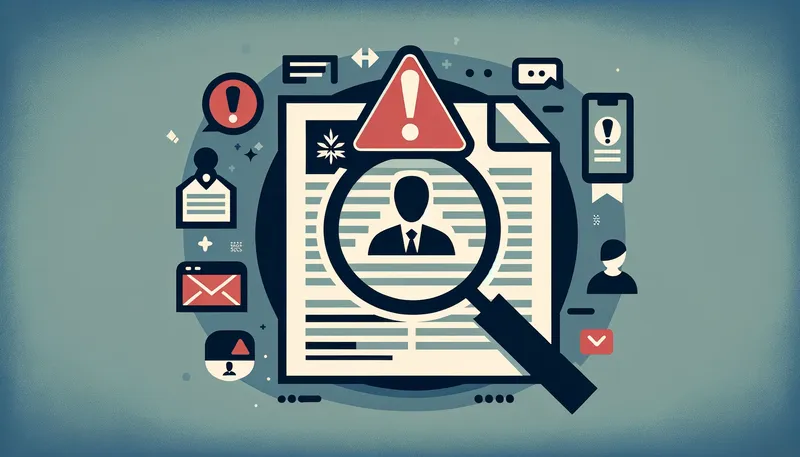How to Identify Immigration Scams in NZ
Migrant workers should educate family and friends to spot immigration scams. Scammers exploit desires for work in New Zealand. Watch for signs like large fees or promises of high wages. Verify job offers directly with employers and apply for visas through approved channels. Contact Immigration Lawyer NZ for any questions.

Migrant workers are being advised to educate their family and friends overseas on how to identify potential immigration scams. According to Senior Investigator Helen Garratt and NZ immigration news, while immigration scams are not new, the rise of social media platforms and messaging apps has made it easier for individuals to become victims of such scams.
Garratt mentions that a general rule to follow is that if a job offer in New Zealand sounds too good to be true, it probably is. However, there are specific signs that people can watch out for to protect themselves from falling prey to a scam. For instance, employers or recruiters should not charge applicants for a job or ask for a large sum of money in exchange for a visa and job. Another warning sign is when applicants are asked to pay a fee to fast-track their visa application.
Immigration NZ, the agency responsible for visa processing, maintains regular contact with ethnic community leaders and emphasises the need for individuals to be cautious and not be taken advantage of by unscrupulous individuals seeking to exploit their desire to work in New Zealand.
Garratt advises individuals to be cautious of job offers that promise unrealistically high wages or claim that the job will lead to residency in New Zealand. To verify the authenticity of a job offer, it is recommended to directly contact the employer. Immigration NZ news further advises individuals to apply for visas through approved pathways instead of using third-party agents through apps.
The agency emphasises that all visa fees can be found on the Immigration NZ website and are significantly lower than the fees scammers ask migrant workers to pay for the same visa. For example, the cost of an Accredited Employer Work Visa for someone applying from India is $750.
The Ministry of Business, Innovation, and Employment (MBIE) has received a total of 1985 complaints against accredited employers, resulting in 136 having their accreditation revoked and 51 being suspended. Currently, there are 167 active investigations on accredited employers, with an additional 51 under assessment for possible revocation of their accreditation. The AEWV scheme, which encompasses the Accredited Employer Work Visa, is currently under review.
Garratt advises individuals seeking advice to find immigraiton lawyer in NZ who possess specialist expertise. She warns against receiving illegal immigration advice, highlighting that unlicensed individuals may not act honestly or in compliance with the regulations of Immigration NZ. Furthermore, the agency may refuse to accept visa applications submitted by unlicensed individuals.
Garratt further emphasises that migrant workers are entitled to the same minimum employment rights as New Zealand workers, as outlined on the Employment New Zealand website. Individuals with concerns regarding their visa applications can contact the Immigration Service Centre for assistance.
In case of enquiries, individuals in New Zealand can call 0508 558 855, while those calling from overseas should dial +64 9 914 4100.